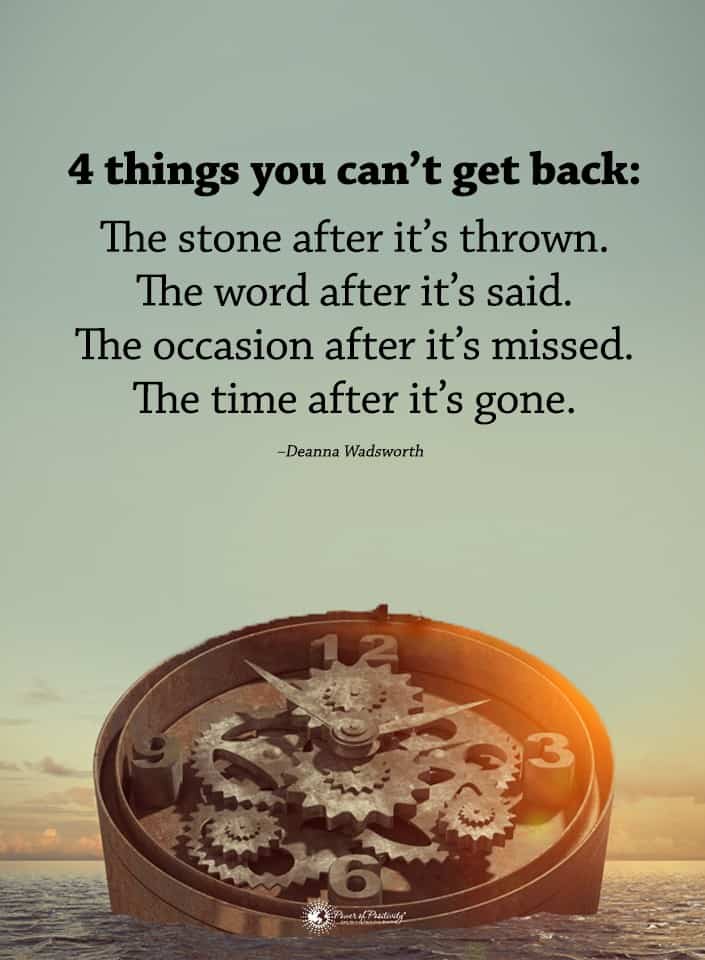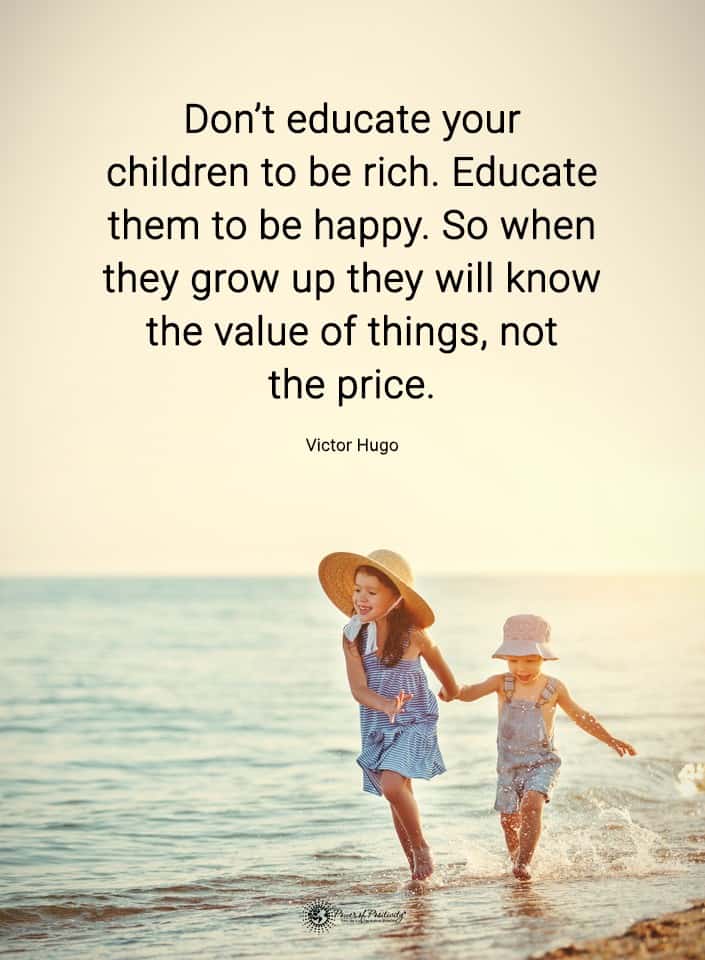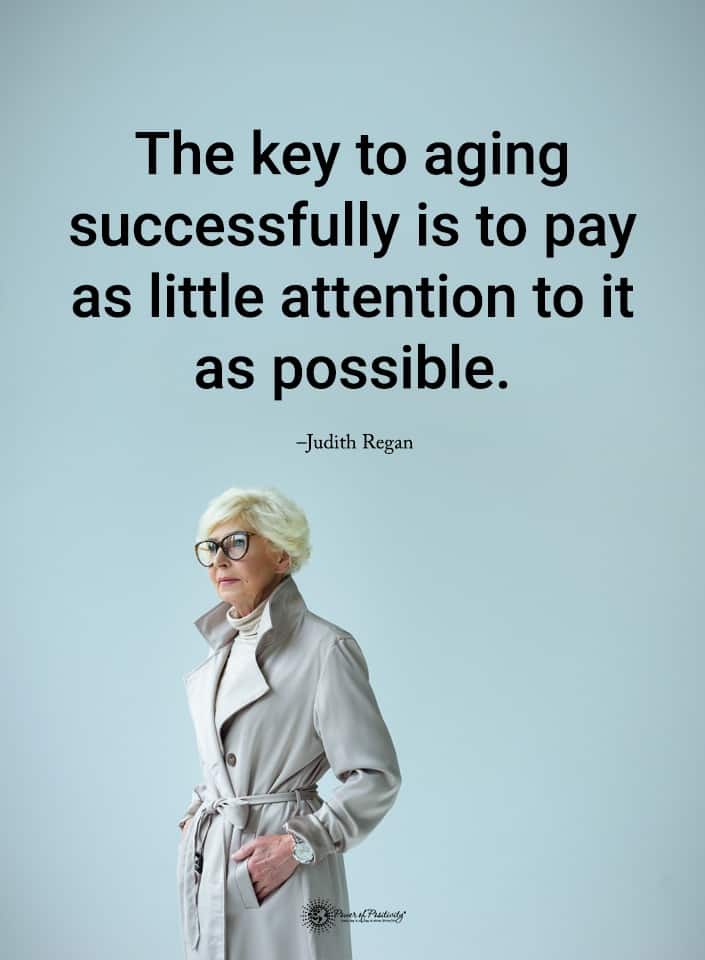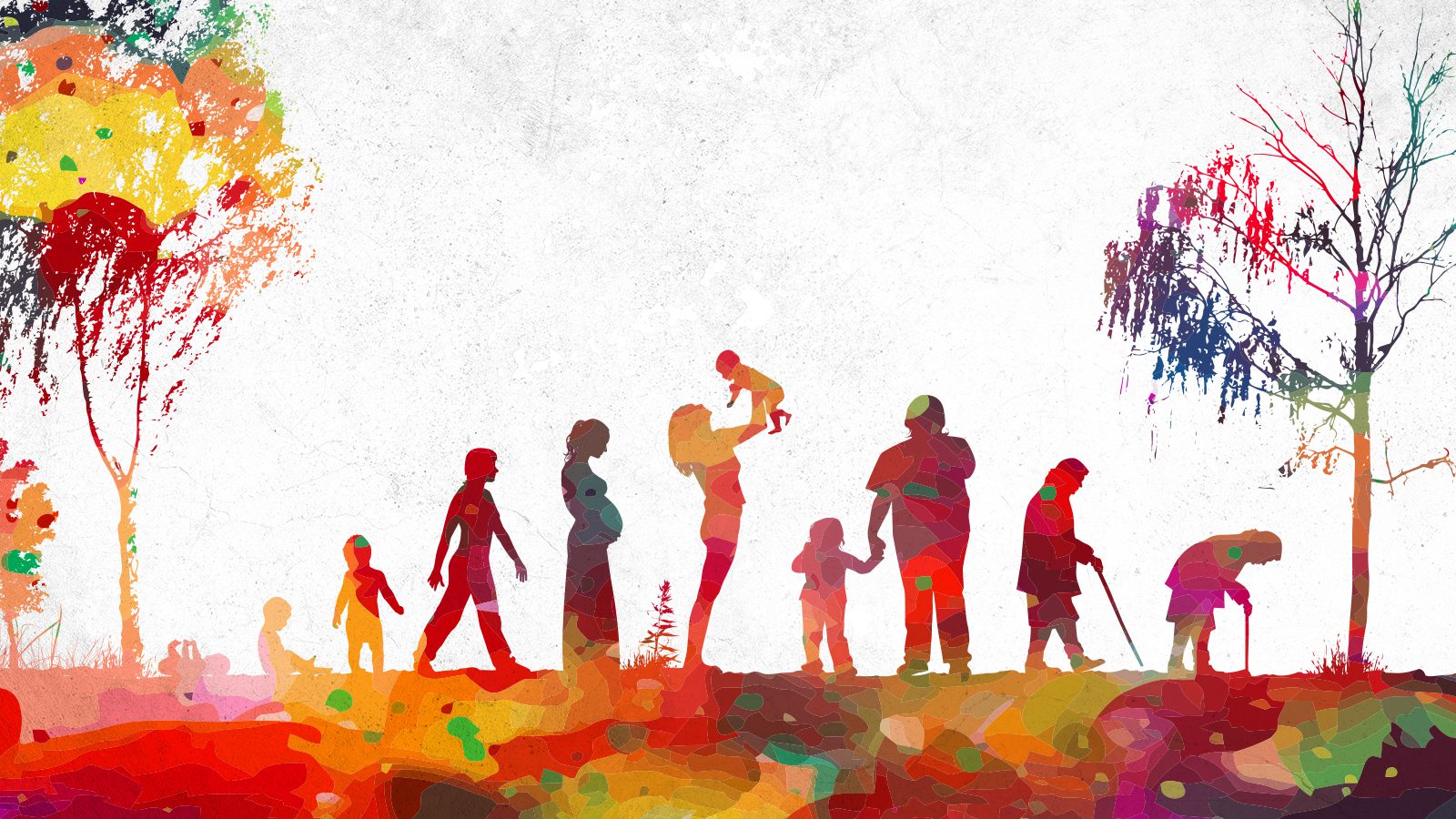Erik Erikson, a famous 20th-century psychologist, popularized the idea that people pass through eight stages of life. Erikson became famous because of his work in developmental psychology and psychoanalysis and his theories behind identity crisis and psychosocial development. He believed that your ego plays a role in your ability to master skills, ideas, and attitudes.
Erikson’s stages of life theory describe how people mature in life and the effect of social interaction. It details the different challenges each person will face during their developmental years. Each stage has conflicting concepts that it focuses on.
An intriguing part of the stages of life theory is that you don’t have to complete one stage to move to the next. If you haven’t finished one, you will still move on to the next stage, but you might not be able to overcome challenges. You will continue to experience consequences from the skipped areas until you figure out how to overcome them.
Erikson didn’t develop this entire theory alone, as Sigmund Freud influenced his work. Freud extensively studied psychosexual theory, and Erikson modified his information from that.
The 8 Stages of Life, Explained by Psychologists
Learning about the stages of life can help you understand human behavior better.
 Stage 1 – Infancy: Trust vs. Mistrust
Stage 1 – Infancy: Trust vs. Mistrust
The first life stage begins when a person is born and continues until they are between 12 and 18 months old. Infants must overcome the challenge of trust and mistrust. If their needs are promptly met, the infant will develop trust toward their caregiver.
However, if the infant’s needs are unmet, the infant will develop mistrust in others. Mistrust occurs when an infant experiences neglect, hindering their ability to be hopeful in the future. If the infant can develop a sense of trust and security, they will become more trusting later in life.
Stage 2 – Toddlerhood: Autonomy vs. Doubt
When the infancy stage ends, the toddlerhood stage begins. This stage continues until the child is about three years old. The toddler starts learning to do things alone, and if their caregiver offers praise and encouragement, the child develops autonomy.
Toddlers who experience positive and encouraging treatment grow into strong-willed individuals with a sense of independence and self-belief. They will develop essential life skills more quickly and increase their safe risk-taking skills. Plus, they will feel confident as they explore the world around them and figure things out.
However, if a toddler is discouraged or made fun of for doing things alone, they will develop self-doubt. They will feel ashamed and unsafe, discouraging them from trying new things. Children in this situation tend to become insecure and dependent.
Stage 3 – Preschool Years: Initiative vs. Guilt
The preschool years begin when a child is three years old and continues until they turn five. Children of this age range focus on doing things for themselves and setting goals. During this time in their life, the child should be around other children their age.
With encouragement from a caregiver, the preschool-aged child will grow into a person with initiative and a purpose. If they experience criticism instead, they will develop feelings of guilt.
Stage 4 – Early School Years: Industry vs. Inferiority
Between the ages of five and 12, children go through the industry vs. inferiority stage. During this time, the child experiences an increase in self-awareness. When the things that they do academically and in sports receive praise, they will feel industrious.
The child becomes more aware of the people around them, too. They begin to compare themselves to others and use social interaction to establish individuality. Their self-confidence and self-esteem will improve with a positive support system.
On the other hand, if they fail academically or during extra-curricular activities, they will experience inferiority. It could also lead to feelings of inferiority if they don’t receive praise when they feel like they did a good job. They will doubt their self-worth and feel overly criticized.
 Stage 5 – Adolescence: Identity vs. Role Confusion
Stage 5 – Adolescence: Identity vs. Role Confusion
Adolescence occurs from the age of twelve and continues until the child becomes an adult at 18. As the child tries to figure out who they are and their goals, they try different personalities.
If a child is ignored or given too much responsibility during this time, they won’t figure out their identity. It can cause a sense of confusion about their goals and needs. They might feel like their parents or society as a whole expects them to be a certain way.
Stage 6 – Young Adulthood: Intimacy vs. Isolation
Between the ages of 18 and 40, people experience the conflict of intimacy and isolation. If you experience fulfilling relationships during this stage, you will reach intimacy. On the other hand, without meaningful relations, you will fall into isolation instead.
During this stage, young adults seek intimacy so intently that they dwell in unhealthy relationships. They tend to get married because of an urge to share their lives with someone else and experience commitment. Those who don’t get married often explore various relationships, looking for the one that suits them best.
Stage 7 – Middle Adulthood: Generativity vs. Stagnation and Self-Absorption
People between the ages of 40 and 65 experience the struggle between generativity and stagnation or self-absorption. Generativity means they feel a sense of duty to pass on their wisdom to later generations. They do this through parenting and mentoring other people.
The goal during middle adulthood is to be fully independent and established. People of this age group are urged to contribute to society and do meaningful things.
If the person is unhappy with their life, they will likely experience stagnation and self-absorption. They become frustrated and restless and isolate themselves without trying to make a meaningful contribution to society. The person may also feel things will only worsen as they age.
Stage 8 – Late Adulthood: Ego Integrity vs. Despair
In late adulthood, which is over 65 years old, people begin battling ego integrity and despair. During this mature stage, those with a sense of pride for what they accomplished in life will show their wisdom and gracefully accept aging. The ego integrity wins for this type of people, whereas others fall into despair.
If someone feels that they didn’t achieve enough or they have regrets, they will experience despair. They might feel like their life was unproductive, and they will feel a sense of loss.
As the individual reflects on their life, they will recognize meaningful experiences or moments of regret. Their time tends to move slower when they reach late adulthood, too.
The Opposition: Criticism of the Eight Stages of Life Theory
Although Erikson’s theory on the stages of life is popular and highly recognized, there is some criticism surrounding it. Some psychologists believe that Erikson focused too heavily on development during childhood and not enough during adulthood. Since an individual’s personality can change as an adult, it is sometimes thought that he should have elaborated in that area.
Another part of Erikson’s theory that is often criticized is his stress on male personality development. Most of his teachings focused on males as the subject, and he didn’t do much on females. In modern times, this lack of information regarding females has caused problems with using his study.
Other criticism shows that some people believe his theory was based on speculation. They think that Erikson didn’t obtain accurate data because he formulated his findings on available case studies. While the case studies he used were relevant to the topic, he didn’t do new research to back up his ideas.
One last bit of criticism about the stages of life theory is that it can’t apply to everyone. Some psychologists believe that it is too restricting for all people because everyone is different. It seems that this theory puts everyone into restricted categories without room for unique personalities.
 Final Thoughts on Erik Erikson’s Theory on the Eight Stages of Life
Final Thoughts on Erik Erikson’s Theory on the Eight Stages of Life
Erik Erikson’s theory for the eight stages of life offers a logical perspective on human development. It helps understand the conflicts people face at every stage of their life. Plus, it addresses how those conflicts can affect them later in life.
Understanding the stages of life can help you overcome areas you might have missed before. It is never too late to go back and work on a skill set you skipped over. By bettering yourself with the information found here, you will be well on your way to a fulfilling life.
While there are other theories out there, the stages of life philosophy offer helpful insight into the minds of age groups. Each stage is essential to living the best life possible, so try not to miss out on any of it. Go back and overcome anything you missed before, and it will help you move forward in life.




















